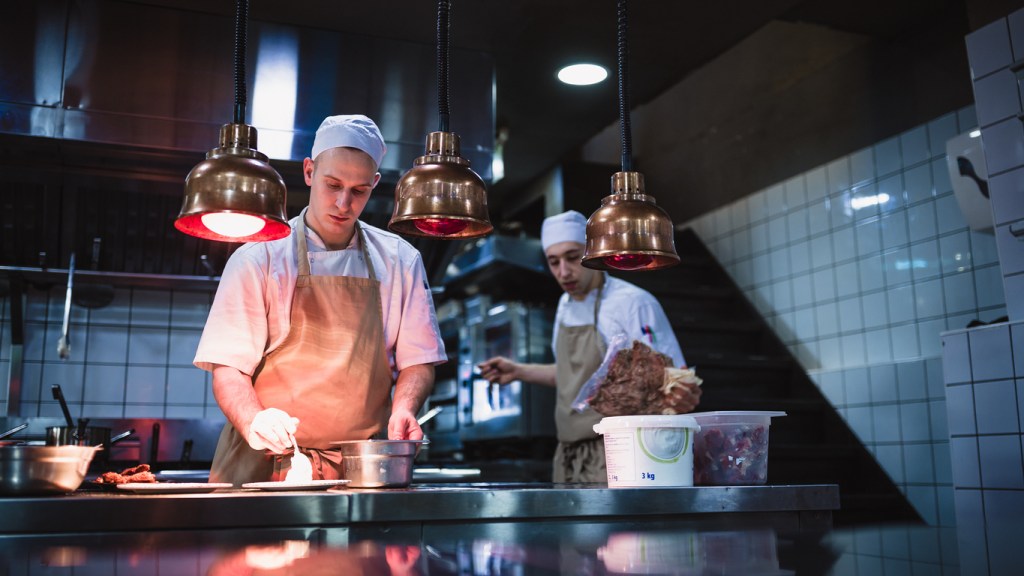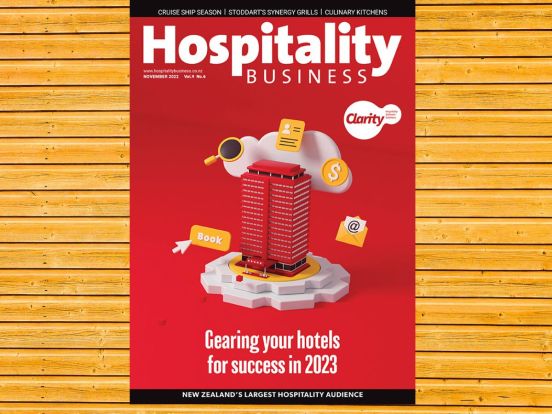If the new Alert Level 3 lockdown is extended beyond today a new round of inevitable business closures will hit the hospitality industry hard, says Hospitality New Zealand.
“For Auckland hospitality operators, the uncertainty of when they can reopen will see a huge loss of working capital – with many having to literally pour product down the drain or throw it away, says Julie White, CEO of Hospitality New Zealand.
“In light of Auckland’s move to Level 3 and the strong likelihood that this lockdown could be extended beyond the three days, bars will have to pour their kegs down the drain and restaurants will be working out what fresh produce can be saved – it’s not as simple as turning the lights off and locking the doors.”
For the rest of New Zealand, the Level 2 restrictions are also limiting for key hospitality operators as the requirement for single servers and 100 people maximum per venue, reduces potential income and comes with additional staffing costs. Regional tourism hot spots such as Rotorua, Taupo and Queenstown have already witnessed cancellations from Aucklanders unable to leave the region.
“The industry has already faced significant challenges in continuously adapting their services at each Alert Level, leaving many operators with reduced profit and increasing debt. Without any certainty around when we can return to business as usual, the sector urgently requires targeted support and for the Wage Subsidy to be extended beyond 1 September.
“The Government must provide urgent relief packages and allocate some funding from its $14 billion COVID Response and Recovery Fund to the hospitality sector,” says White.
It’s a disappointing setback for the hospitality industry, as data released by Statistics NZ just yesterday showed that retail card spending in the sector hit the strongest level for a July month since data was recorded. While accommodation spending was down $30 million (-16 percent), food and beverage services were up $92 million (11 percent) compared with July last year.
“These numbers have supported what our members had been suggesting – a glimmer of hope that recovery is near, and on track with our strategy for the sector to ‘Survive, Revive and Thrive’. People are enjoying going out and supporting locals, and whilst some regions who are highly reliant on international visitors are still doing it tough, there’s immense support in the community for these businesses. Let’s hope that support long continues,” concludes White.








